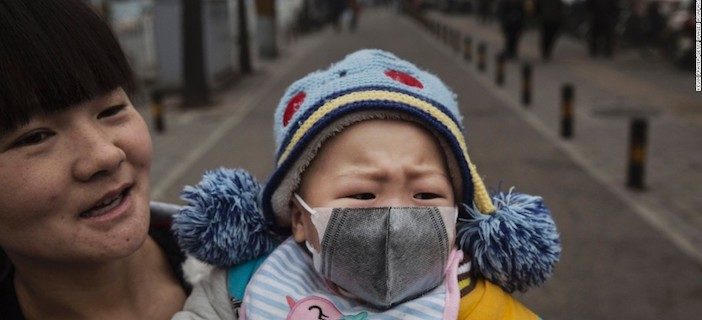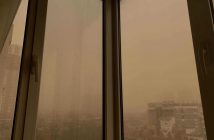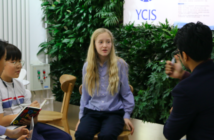We Beijingers are obsessed with air quality. We clean out our Xiaomi air filters religiously, shut windows on gray days, keep a bin of good respiratory masks by the coat rack, and swap stories of high AQI days like war stories. But just how badly is air pollution affecting our young children?
The statistics are grim. According to a new study by UNICEF, nearly 17 million infants worldwide are exposed to deadly air pollution, potentially affecting brain development. The vast majority, over 12 million, live in South Asian countries like India, Pakistan, and Bangladesh. But, statistically, China has the infamous distinction of having the world’s deadliest pollution. Bad air causes over a million preventable deaths a year in this country, says The World Health Organization.
For infants, the importance of unpolluted air is unparalleled. In the first few years of child development, the brain grows more than at any other point of life. Pia Rebello Britto, the UNICEF chief of early childhood development, says “The brains of babies and young children are constructed by a complex interplay of rapid neural connections that… shape a child’s optimal thinking, learning, health, memory, linguistic, and motor skills.”
According to a research study done in Quanzhou, Fujian province, air pollution can lower IQ, negatively affect memory, stunt growth, and cause depression, anxiety, and attention-deficit hyperactivity disorder (ADHD) in young children during this critical early brain growth period. This is on top of other possible non-neurological aliments, like asthma.
What can be done? Besides the masks and air filters, cities with access to green spaces, good public transportation, proper waste management, clean energy, and less reliance on coal burning for fuel unsurprisingly fair better. Beijing has made efforts over the years with hybrid buses and numerous parks.
In the meantime, take advantage of blue sky days when they happen. We hope in the near future advances can be made to limit our children to toxic air conditions, and we can instead swap stories of fluffy clouds in the park, but until then remain vigilant.
Photo: CNN




